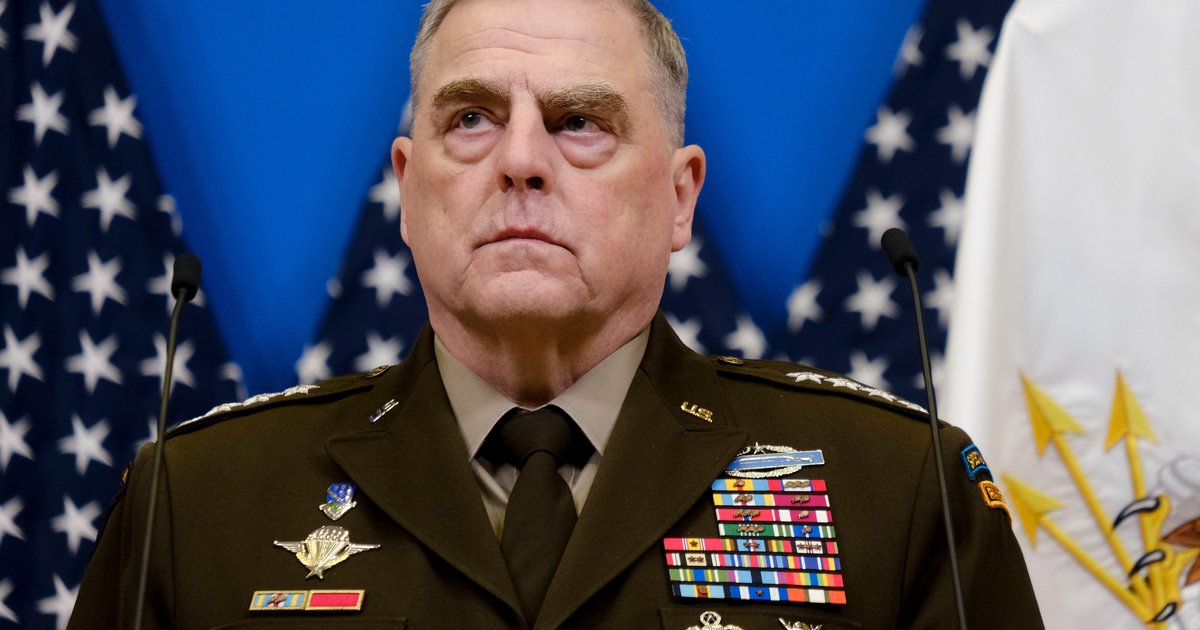At its inception President Zelenskyy pleaded with the West for enough military power, weaponry to make Russia's war on Ukraine brief, and less destructive.
But NATO has allowed this tragically destructive war to drag on into a second year. Why?
Ukraine has been pleading for U.S. F-16 fighter jets. Biden says no, so far.
The result?
The profile of the war more closely approximates a stalemate than a decisive outcome.
Why?
Some believe it's to avoid providing Putin with an excuse to escalate to use of nuclear weapons. If so, then isn't NATO in some form succumbing to nuclear blackmail?
What are the ethics of this? In this status quo, Russia is free to wreak havoc on Ukraine, while Ukraine has not conducted reciprocal retaliatory intrusions on Russia. Is that a plausible recipe for defeating Russia, and expelling Russia from Ukraine, & perhaps Crimea as well?
If Ukrainian victory is what the West is hoping for, what is the ethical justification for pacing the supply of weapons to Ukraine for a years long war of attrition, carnage, destruction, and misery?
The geo-strategic implications of a defeated Ukraine are obvious, justification for Western incentive to expedite an end to the carnage. BUT :
That's not necessarily as anti-Russian as it may seem. Russia reportedly has a very high casualty rate because it's not applying Western medevac techniques for its own troops, instead reportedly leaving wounded Russian troops on the battlefield to die.
So a rapid, decisive victory for Ukraine may be more humane for Russia, as well as a score of 1:0 for democracy over autocracy.
Yet NATO looks on pretending to magnanimity for parceling out weapons in meager doses.
What?
Why?
But NATO has allowed this tragically destructive war to drag on into a second year. Why?
Ukraine has been pleading for U.S. F-16 fighter jets. Biden says no, so far.
The result?
The profile of the war more closely approximates a stalemate than a decisive outcome.
Why?
Some believe it's to avoid providing Putin with an excuse to escalate to use of nuclear weapons. If so, then isn't NATO in some form succumbing to nuclear blackmail?
What are the ethics of this? In this status quo, Russia is free to wreak havoc on Ukraine, while Ukraine has not conducted reciprocal retaliatory intrusions on Russia. Is that a plausible recipe for defeating Russia, and expelling Russia from Ukraine, & perhaps Crimea as well?
If Ukrainian victory is what the West is hoping for, what is the ethical justification for pacing the supply of weapons to Ukraine for a years long war of attrition, carnage, destruction, and misery?
The geo-strategic implications of a defeated Ukraine are obvious, justification for Western incentive to expedite an end to the carnage. BUT :
That's not necessarily as anti-Russian as it may seem. Russia reportedly has a very high casualty rate because it's not applying Western medevac techniques for its own troops, instead reportedly leaving wounded Russian troops on the battlefield to die.
So a rapid, decisive victory for Ukraine may be more humane for Russia, as well as a score of 1:0 for democracy over autocracy.
Yet NATO looks on pretending to magnanimity for parceling out weapons in meager doses.
What?
Why?

